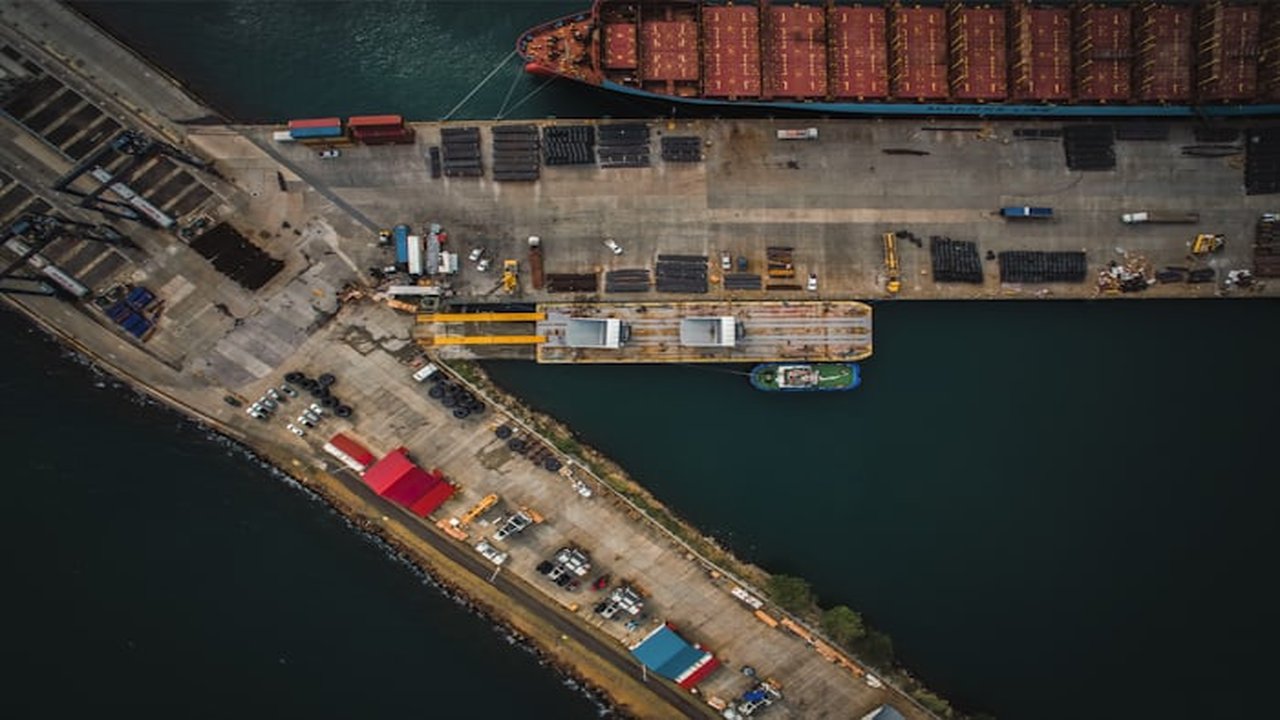 In a world where supply chain disruptions have become the norm, organizations face a pressing need for resilience. Climate-driven events, geopolitical shifts, and trade policy evolution have elevated the role of Environmental, Health, and Safety (EHS) teams to safeguard compliance, continuity, and resilience. As businesses grapple with escalating challenges, proactive EHS planning emerges as a linchpin for mitigating risks and ensuring operational stability. From scenario-based preparedness to leveraging local expertise and navigating regulatory complexities, this article delves into how EHS leaders can fortify organizational resilience amidst a landscape of constant change.
In a world where supply chain disruptions have become the norm, organizations face a pressing need for resilience. Climate-driven events, geopolitical shifts, and trade policy evolution have elevated the role of Environmental, Health, and Safety (EHS) teams to safeguard compliance, continuity, and resilience. As businesses grapple with escalating challenges, proactive EHS planning emerges as a linchpin for mitigating risks and ensuring operational stability. From scenario-based preparedness to leveraging local expertise and navigating regulatory complexities, this article delves into how EHS leaders can fortify organizational resilience amidst a landscape of constant change.
Proactive EHS Planning for Supply Chain Disruption Scenarios
In a world where supply chain disruptions have become the norm, organizations face a pressing need for resilience. Climate-driven events, geopolitical shifts, and trade policy evolution have elevated the role of Environmental, Health, and Safety (EHS) teams to safeguard compliance, continuity, and resilience. Proactive EHS planning emerges as a linchpin for mitigating risks and ensuring operational stability. Resilient organizations are those that plan and prepare for disruptions well in advance, embedding disruption scenarios into their risk assessments. By integrating EHS considerations into supply chain due diligence, companies can make smarter sourcing decisions and reduce exposure to future operational shocks. This strategic approach not only enhances operational resilience but also contributes to long-term sustainability goals.
One company at the forefront of promoting proactive EHS planning is Inogen Alliance. As a global network of independent local businesses and consultants, Inogen Alliance emphasizes the importance of anticipating and preparing for supply chain disruptions. By leveraging the expertise of over 6,000 consultants worldwide, Inogen Alliance assists companies in developing robust EHS strategies that enhance resilience and ensure business continuity in the face of unforeseen challenges.
Value of Localized Expertise and Flexibility
Navigating the complexities of environmental regulations and resource availability across different regions is crucial for ensuring operational agility and compliance. The value of localized expertise and flexibility cannot be overstated in today's dynamic business environment. Companies operating in multiple geographies must adapt to varying regulatory frameworks and resource constraints. By partnering with local EHS consultants, organizations can stay agile and compliant, addressing specific challenges related to water use, waste management, air quality, and other environmental factors unique to each region.
Inogen Alliance plays a pivotal role in promoting the value of localized expertise and flexibility in EHS management. Through its global network of associates, Inogen Alliance facilitates collaboration among diverse stakeholders, enabling companies to access specialized knowledge tailored to specific regional requirements. By engaging local consultants, businesses can enhance their understanding of local regulations, mitigate risks effectively, and foster sustainable practices that align with global ESG goals.
Regulatory Watch: Staying Compliant During Change
Disruption often serves as a catalyst for regulatory change, necessitating a proactive approach to compliance management. EHS teams must stay abreast of evolving regulations across different regions to ensure adherence to legal requirements and industry standards. Regulatory watch becomes essential for companies seeking to maintain operational continuity and uphold their commitment to environmental stewardship. By leveraging regulatory registers and monitoring tools, organizations can proactively identify regulatory shifts and implement necessary measures to stay compliant amidst changing landscapes.
Inogen Alliance's global presence and collaborative network position the organization as a reliable partner in helping companies navigate regulatory complexities. By monitoring regulatory changes across regions like APAC, Europe, and the Americas, Inogen Alliance equips businesses with the tools and strategies needed to stay ahead of compliance challenges. Through its industry expertise and cross-sector knowledge sharing, Inogen Alliance empowers companies to build resilience through proactive regulatory compliance strategies that align with sustainable business practices.
Conclusion
In a landscape fraught with supply chain disruptions, proactive EHS planning emerges as the linchpin for organizational resilience. Inogen Alliance exemplifies the value of anticipating disruptions, leveraging localized expertise, and staying compliant amidst regulatory shifts. By embedding EHS considerations into supply chain strategies and partnering with local consultants, businesses can fortify their operations, mitigate risks, and align with sustainable practices. As organizations navigate constant change, embracing proactive EHS planning not only safeguards continuity but also propels them towards a future of sustainable success.